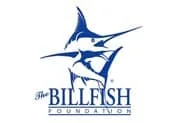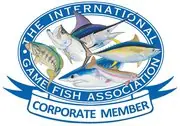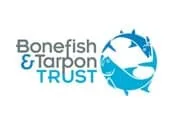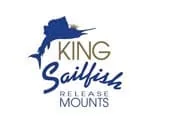Central America Fishing Conservation
“At Central America Fishing conservation of our prized species and the marine habitat in general is very important to us.”
From sustainable hotels to conservation minded captains, we make a conscious effort to only work with other businesses that share our view on sustainable tourism and responsible sport fishing. The conservation of our game fish is of the utmost importance to the health of the oceans world wide as well as the long term prosperity of the sport fishing industry in Central America. Our belief in conservation has a lot to do with why we love fishing in Central America. Costa Rica, Panama, and Guatemala all have strict catch and release law on all billfish. They also all have laws mandating the use of non off-set circle hooks, which are proven to increase the survival rate of billfish over J hooks. Legislation and signing bills into laws is one thing, but enforcing and following those laws is the important part. Unlike stories we hear from anglers who visit Mexico, we are proud to say that you won’t find a captain or a boat of ours that is willing to kill a billfish for extra money. The punishment is too strict (captains can lose their license AND boat) and thankfully they realize the long term benefits of releasing billfish for the good of future clients. This mindset has been taken to another level as it is now illegal to remove a billfish from the water for a picture. While we appreciate the thrill and excitement of landing a trophy sailfish or marlin, taking them out of the water can be very harmful to them and greatly reduces survival rates. Please take your picture to remember the moment forever, but when doing so please leave the billfish in the water.
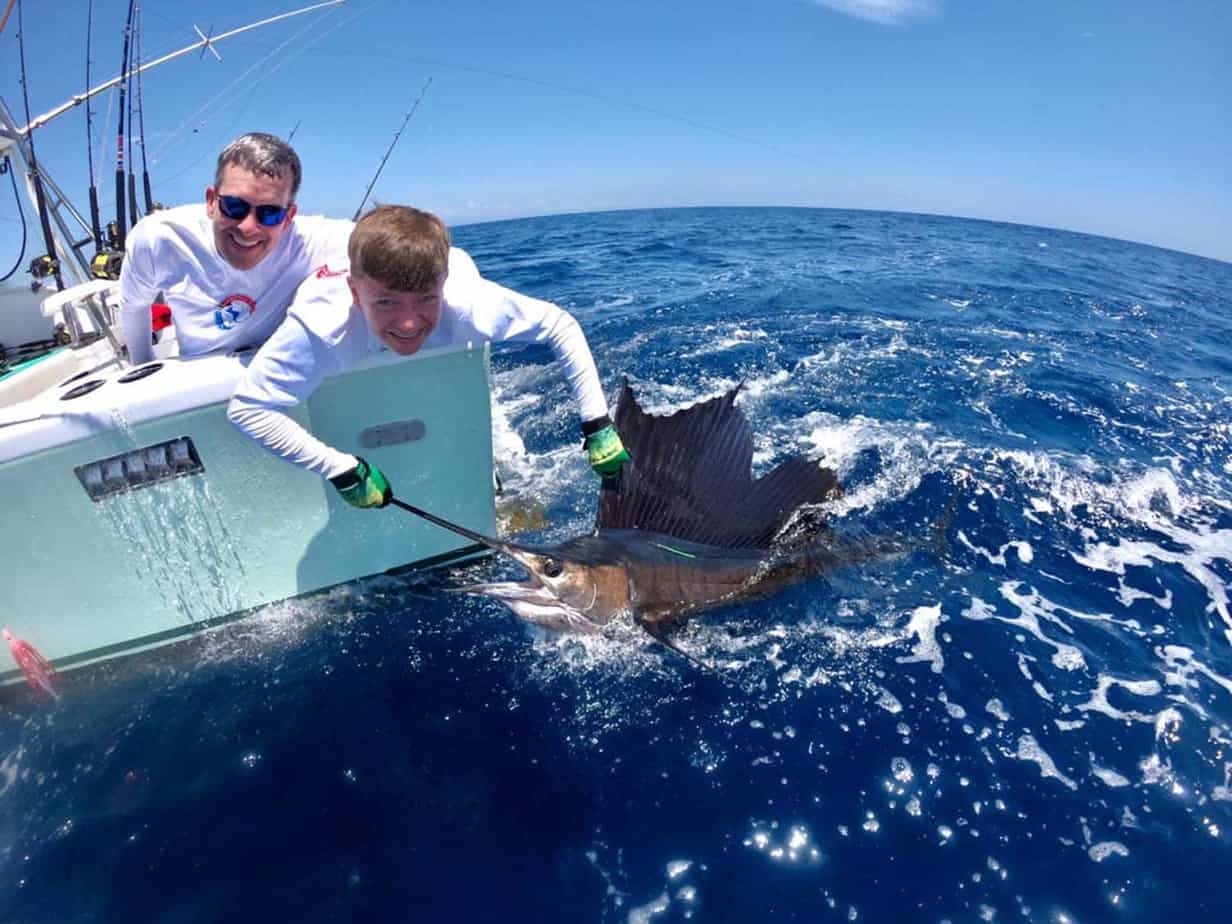
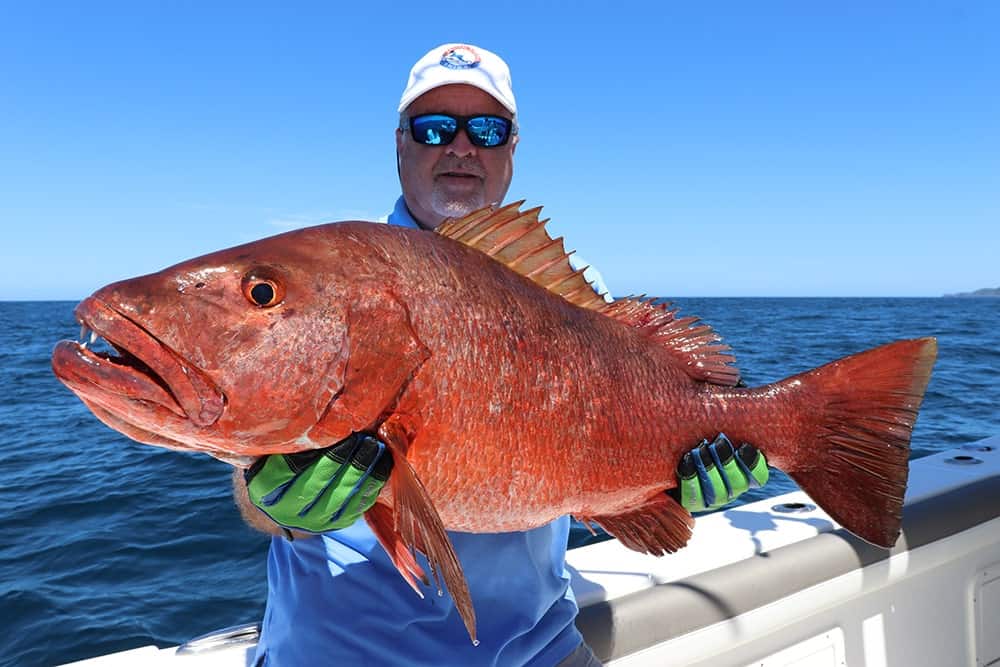
Catch and release is also practiced when inshore fishing in Central America. Although it’s not a law, we do release all roosterfish that we catch. They are the top prize when inshore fishing so they are all released to be caught another day, however it also helps that their dark red meat is not typically a prized table fare. Panama has lead the way in the catch and release of all cubera snapper, and that is starting to catch on here in Costa Rica as well. Apart from roosterfish, perhaps no inshore species is on more bucket lists than a big bruising cubera snapper. Voracious feeders and hard fighters, cuberas are also extremely slow growing as they are estimated to grow 1-2 pounds for each year of life. That means that when you catch your 50 lb trophy cubera, that fish may very well be as old or even older than you! These fish are not highly migratory and tend to have a home range, so by releasing all roosterfish and cubera snapper we can help increase both the population numbers and the overall size of teh trophies we catch.
Like Costa Rica, Belize dedicates a huge percentage of both its land and sea territory to national parks and nature reserves – over 26%! In 2008 Belize became the first country in the world to put into law the catch and release of bonefish, permit, and tarpon. These game fish constitute the prized Inshore Grand Slam, which is every fly angler’s dream and ultimate achievement. That ban not only protects three of the most popular inshore species but also insures the health and natural balance of the world’s second longest coral reef. Similar to when handling a billfish, please try to leave bonefish, permit, and tarpon in the water as long as possible until you are ready to take the picture. A good rule of thumb is that they should have water dripping off them when you finally take them out of the water for your picture.
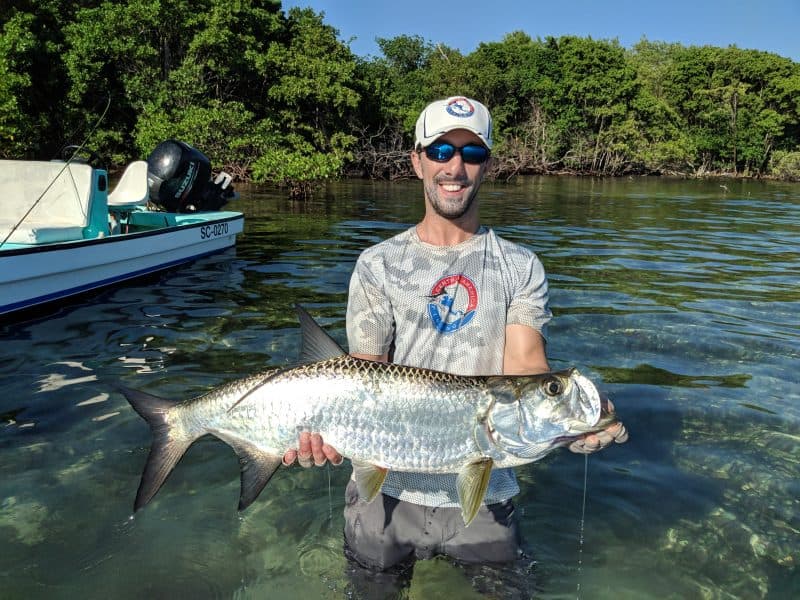
Below is a list of the conservation and non-profit organizations that we at Central America Fishing are proud to partner with:
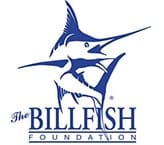
The Billfish Foundation:
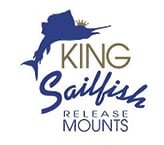
King Sailfish Mounts:
This is one of our favorite conservation partners because the benefits are instantly tangible, both to you and the fish. Created in 1991 by accomplished artist Raymond Douglas, King Sailfish Mounts specializes in making ‘release mounts.’ The huge difference between getting a release mount instead of having a taxidermist mount your fish is that with KSM the fish doesn’t need to be killed. With the rising demand for having fish mounted, KSM came up with a revolutionary new concept that allowed anglers to commemorate the catch of a lifetime without taking the life of the fish. The release mounts are made out of fiberglass and painted in detailed perfection by experienced marine artists, so all KSM needs to make a replica of your trophy catch is a picture and length & girth measurements. It’s the ultimate win-win, you get your fish mounted and the fish lives on to be caught another day. We have been partners with KSM since 2015 – ask about our CAF discount for your next mount!
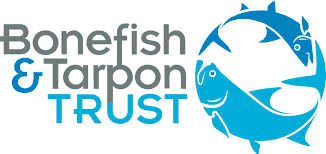
Bonefish & Tarpon Trust:
Media & Press
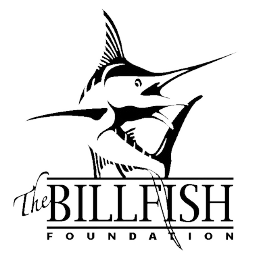

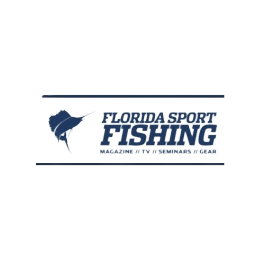



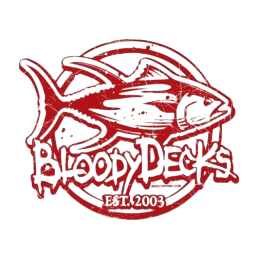





Conservation & Charity Partners
